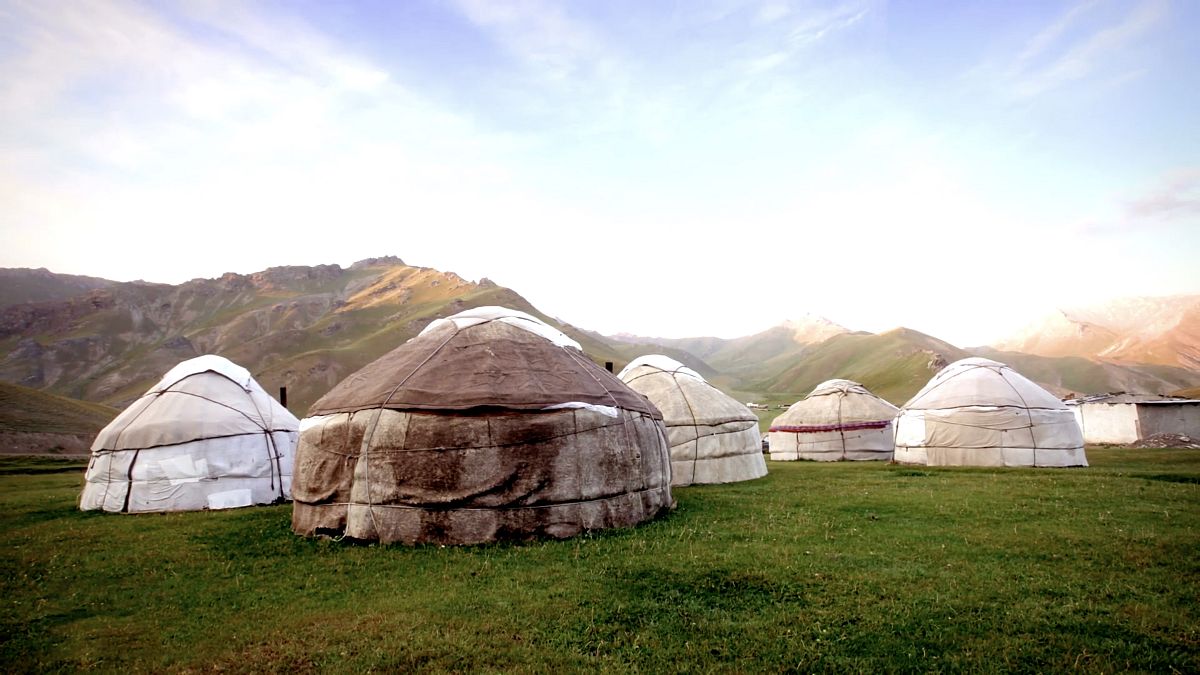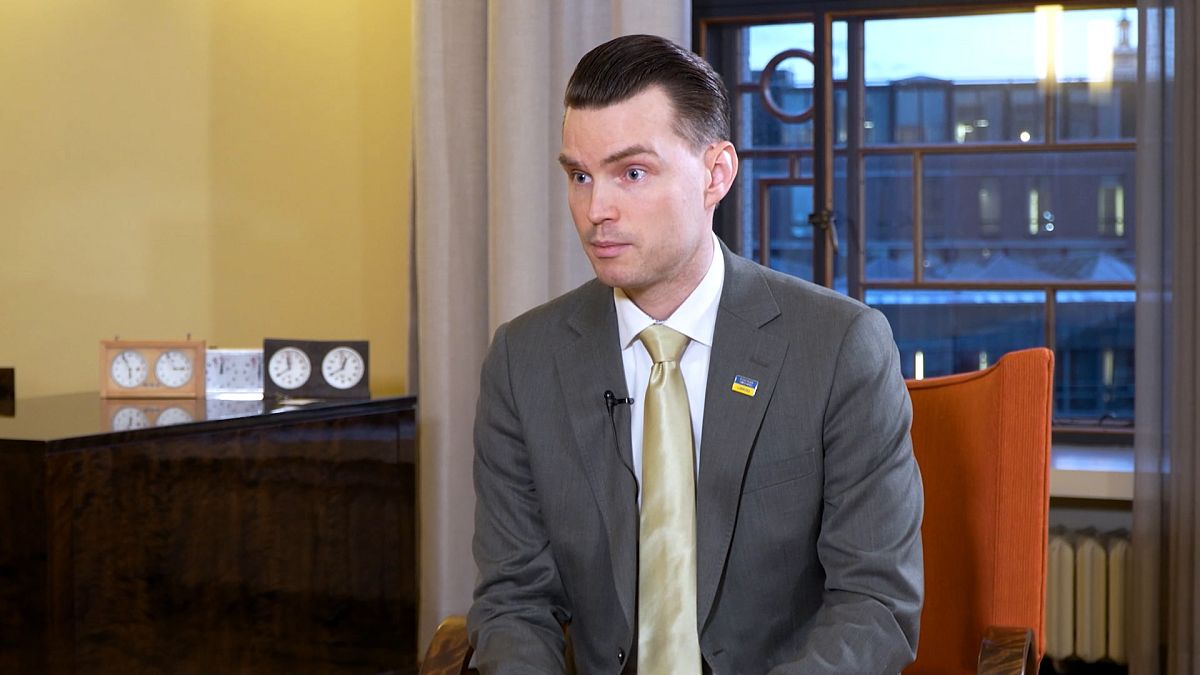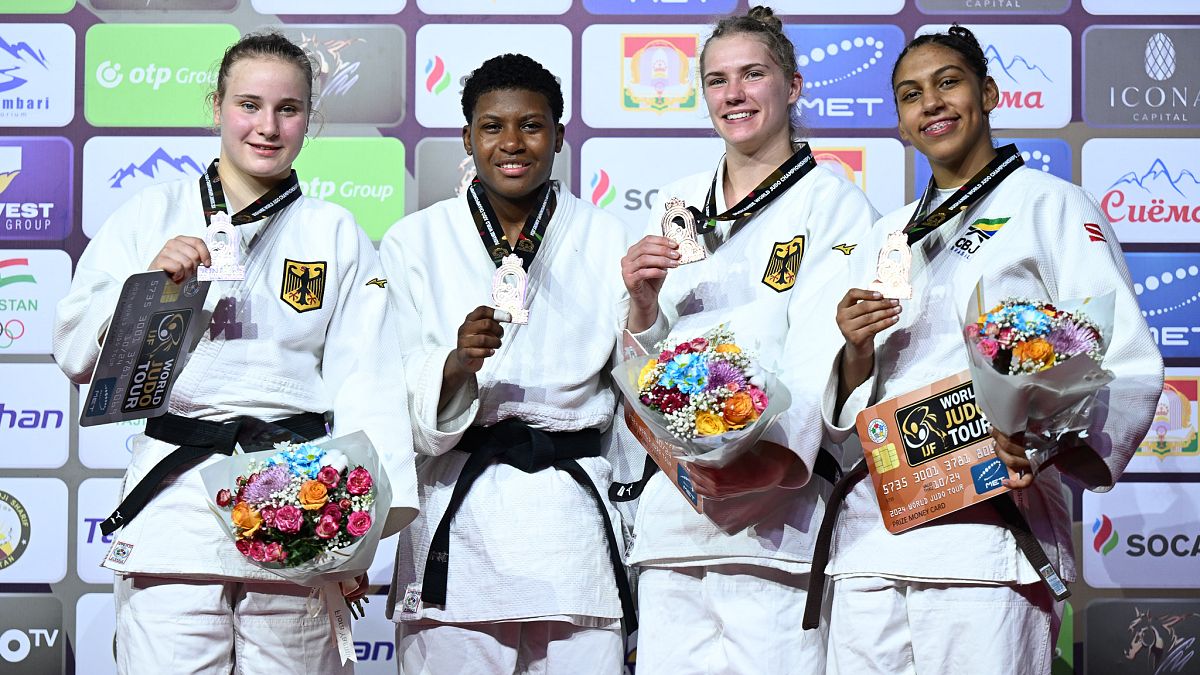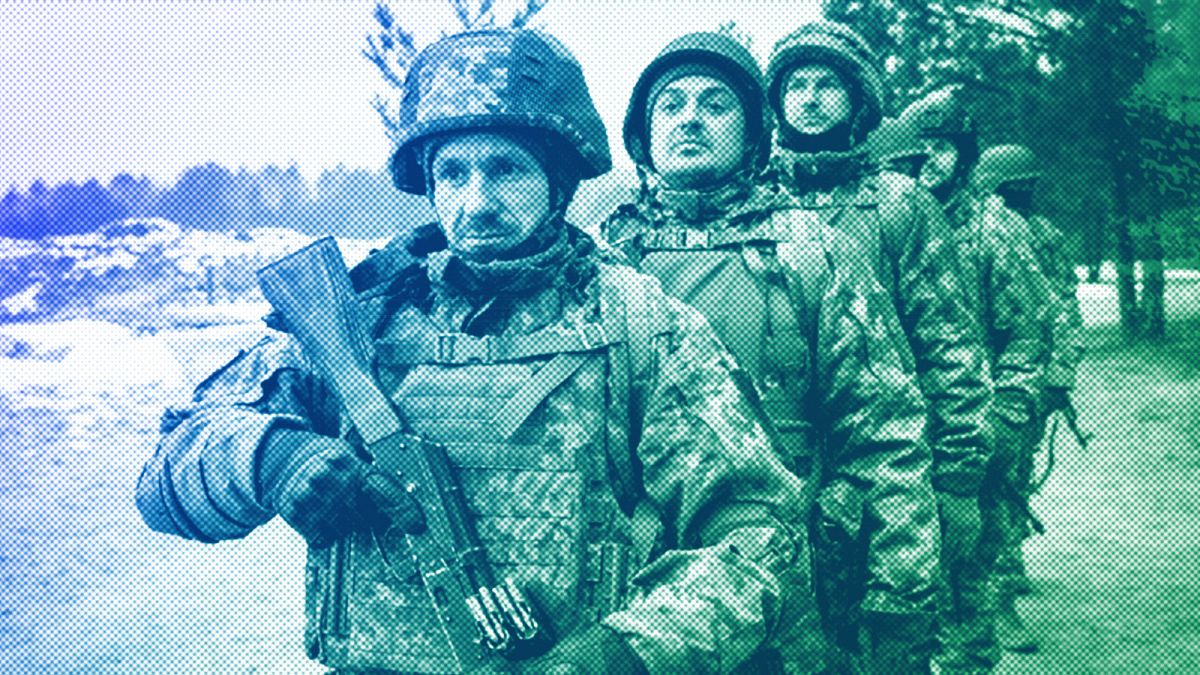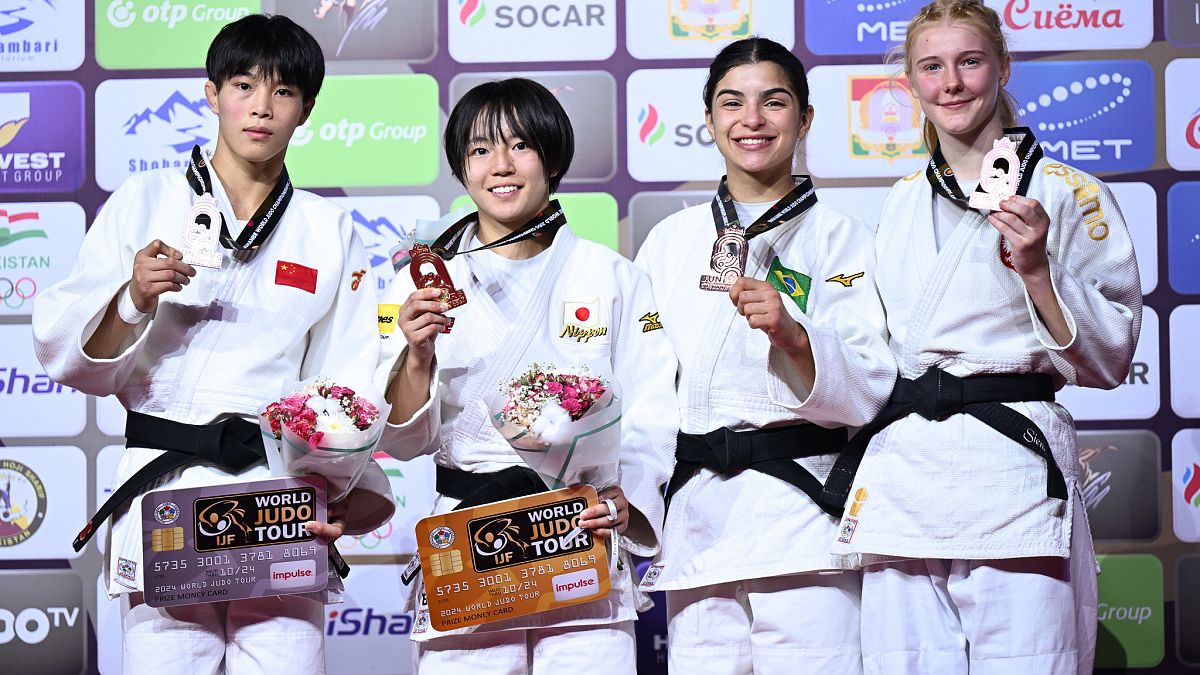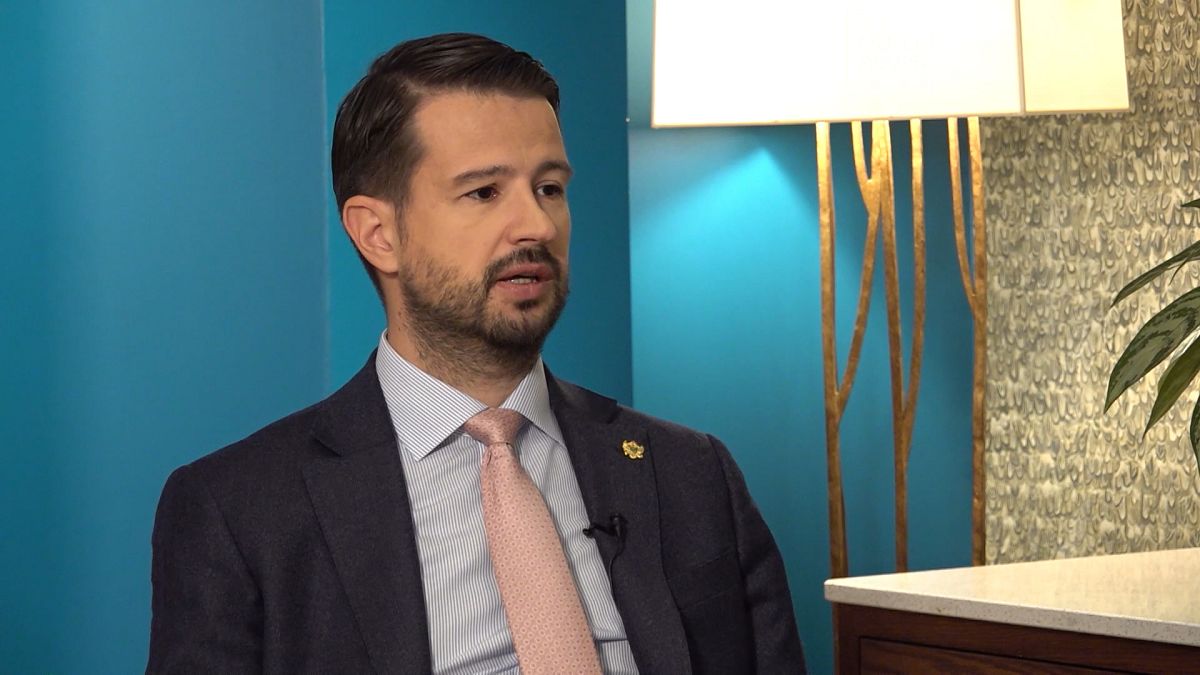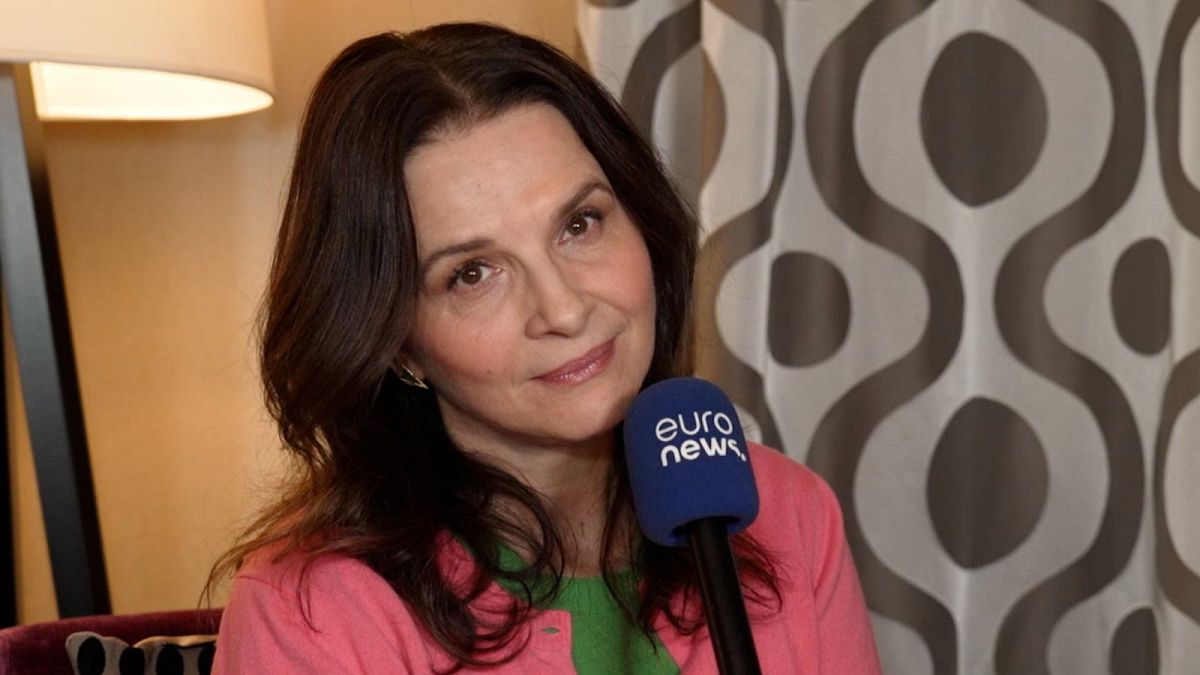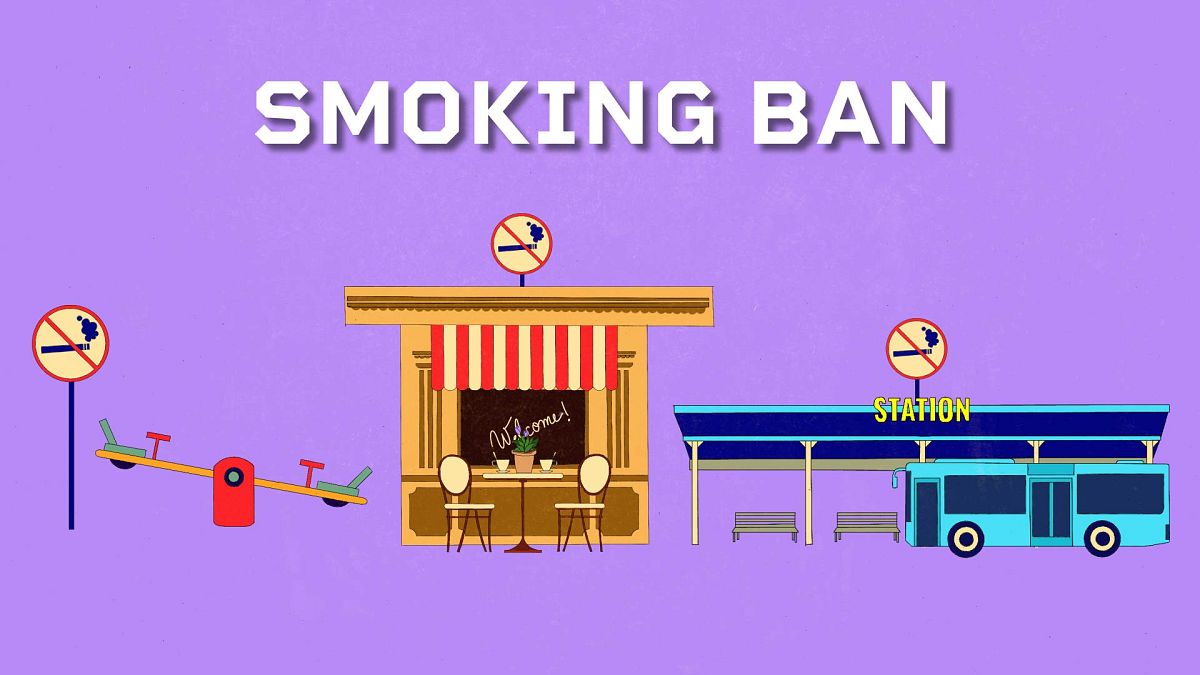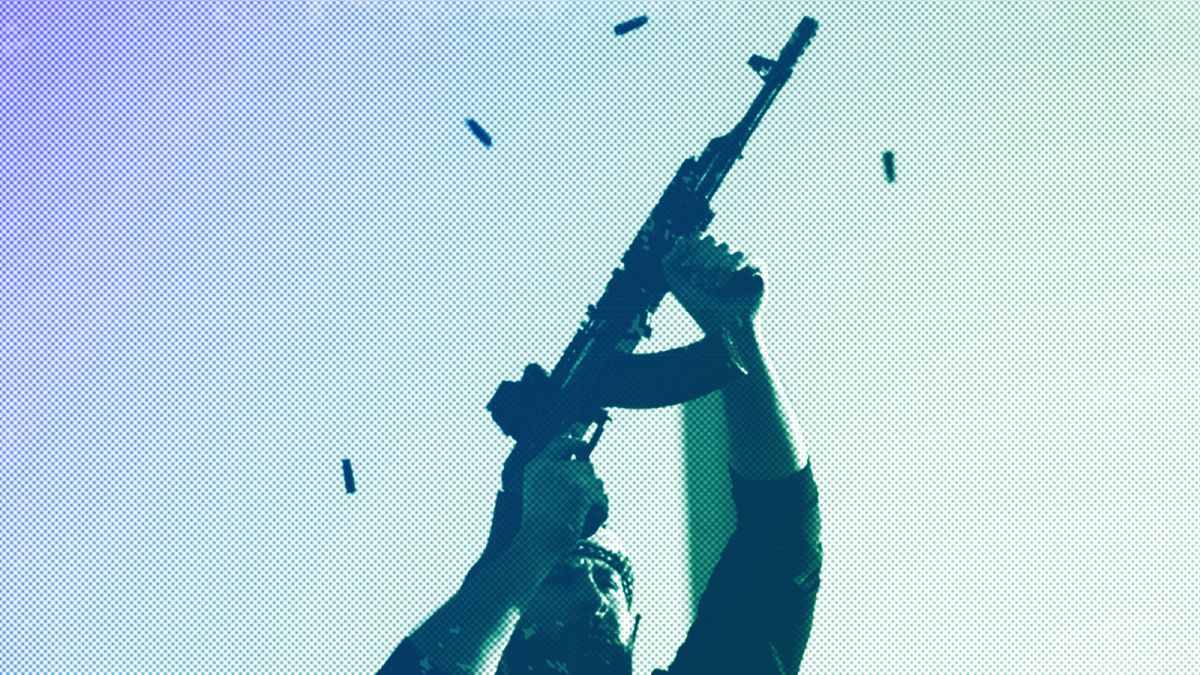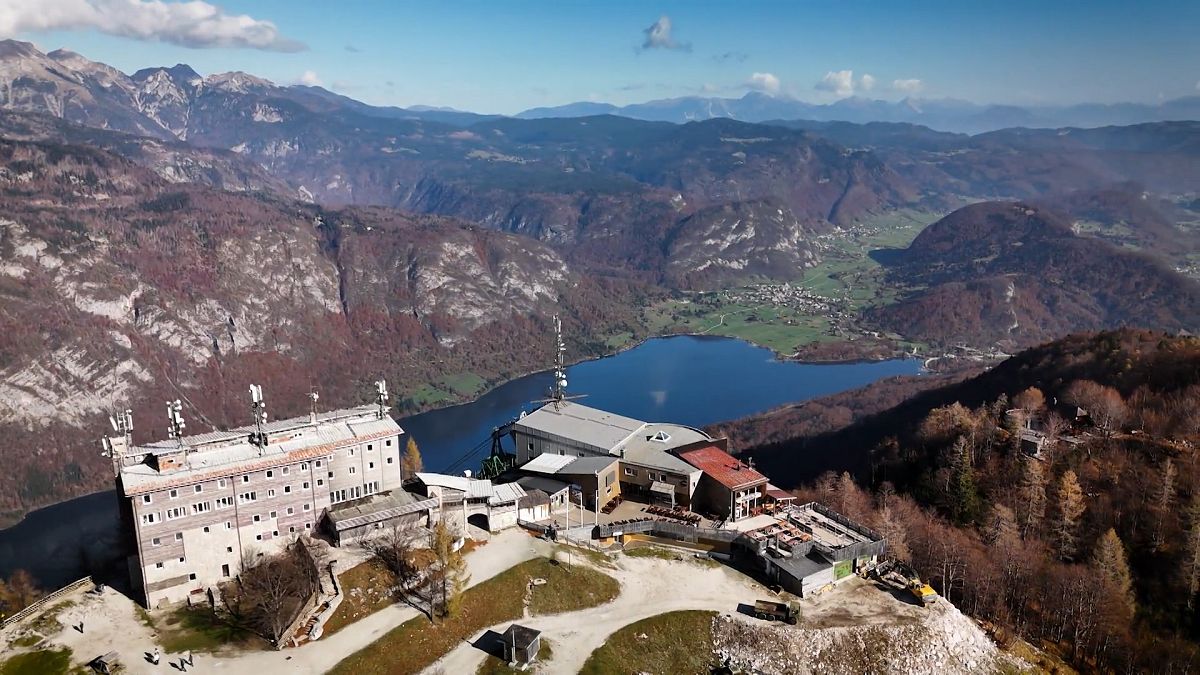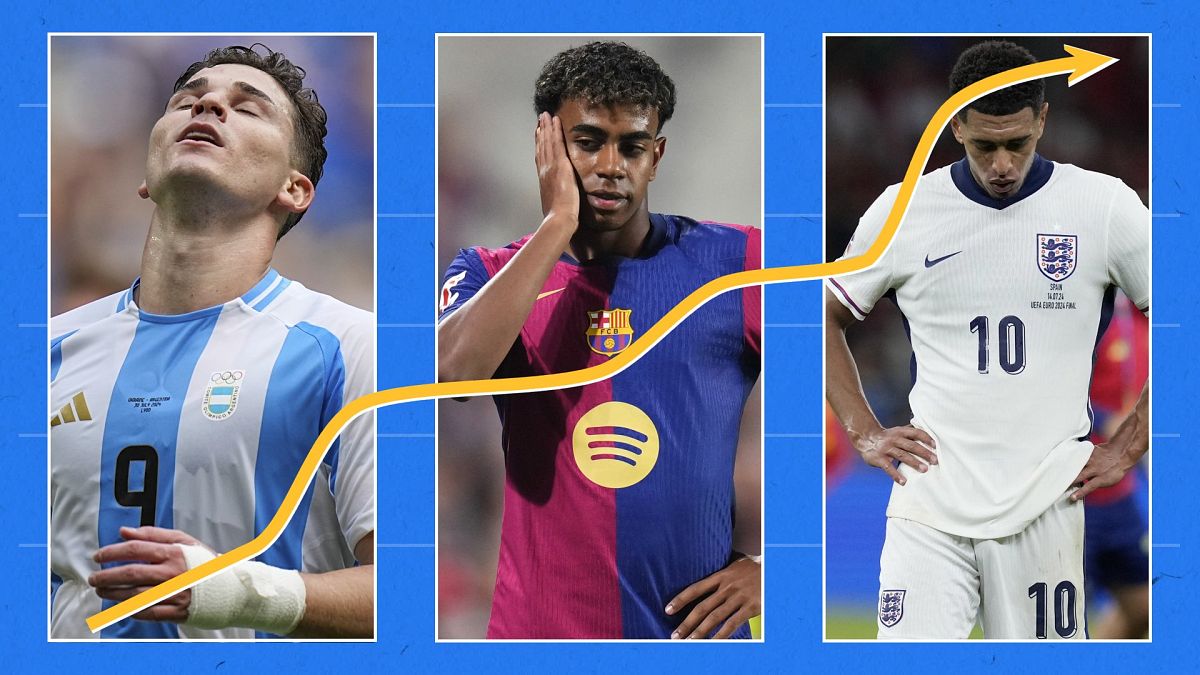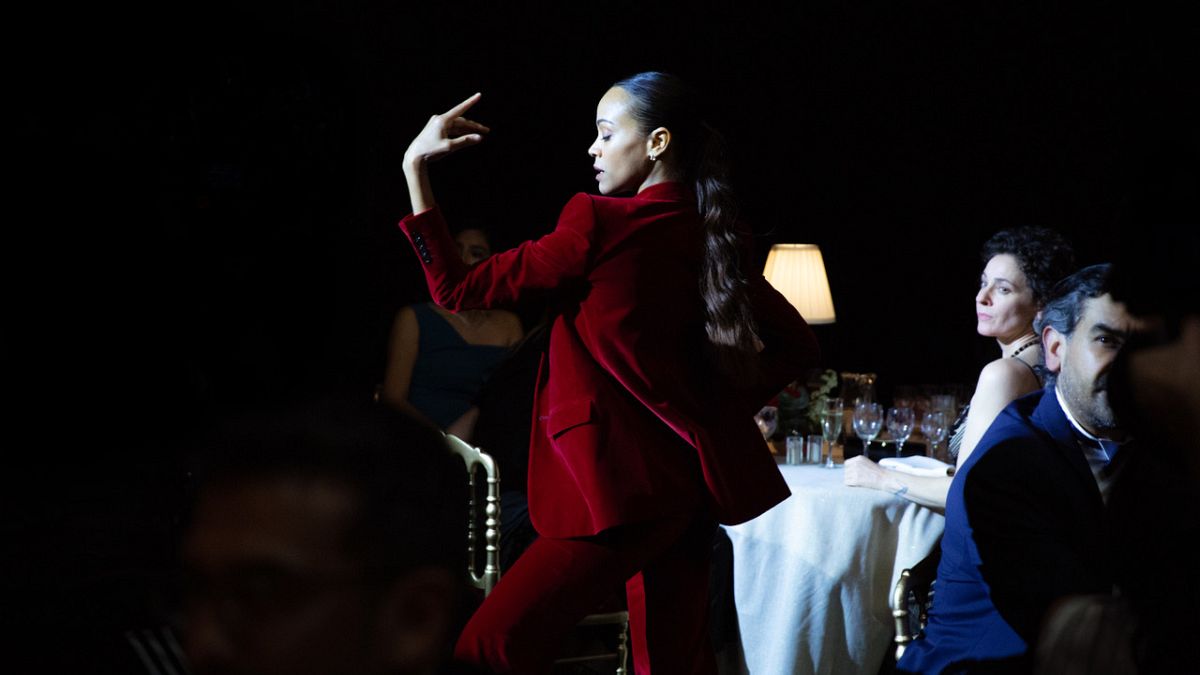Inside 2024’s International Film Festival and Forum on Human Rights
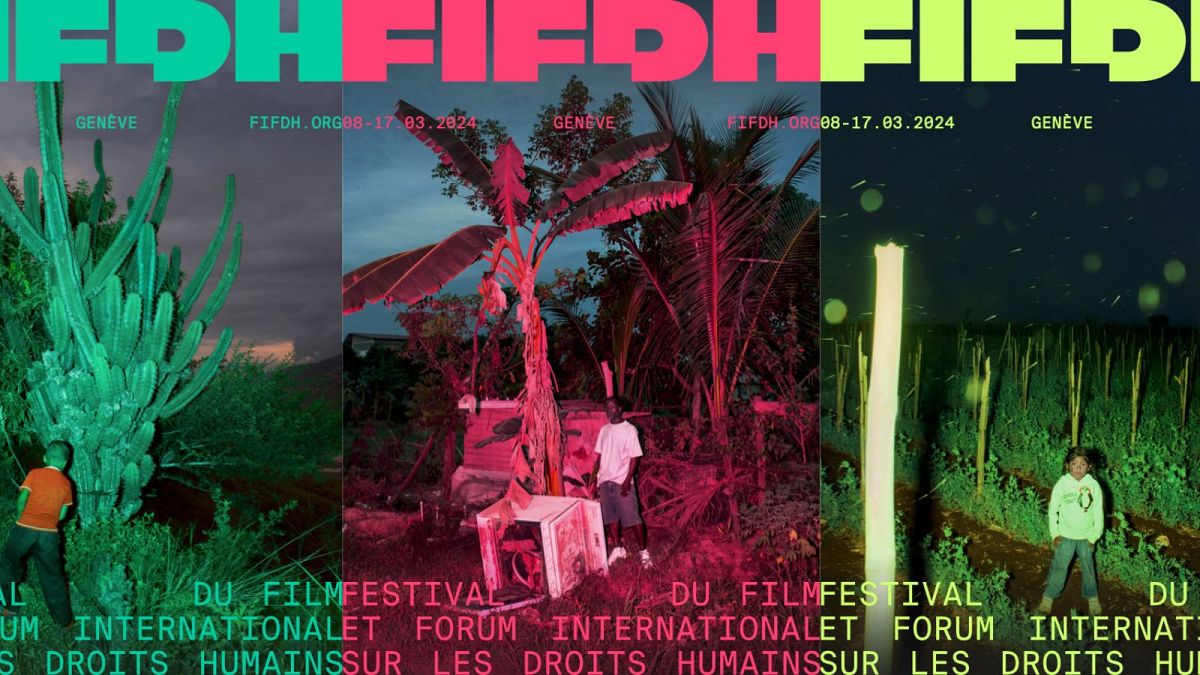
Taking place between 8 and 17 March, the International Film Festival and Forum on Human Rights (FIFDH) returns for its 22nd edition.
Dedicated to both cinema and the promotion of human rights, FIFDH presents films and hosts debates that highlight various struggles and denounce violations wherever they may occur.
The festival invites artists, activists, NGOs, professors, and the general public to come together, exchange ideas, and engage in discussions.
Starting tonight and over the course of 9 days, the festival’s attendees will benefit from 24 forums and 23 events over 80 venues in the Greater Geneva area – spanning from the city centre to the UN, museums, theatres, collective accommodation centres, hospitals, and prisons—with the aim of reaching diverse audiences and fostering inclusivity.
This year’s new directorial team, composed of Leila Alonso Huarte, Laura Longobardi and Guillaume Noyé, will oversee a stacked edition when it comes to an eclectic line-up of 41 films spread over three international feature film competitions.
These include world premieres, documentaries and award-winning films, which all share a socially conscious outlook.
Of particular note this year is a rich programme in The Fiction Competition, with Italy’s There Is Still Tomorrow by Paola Cortellesi, a blend of drama, comedy and music which celebrates female emancipation; Anglo-Palestinian director Farah Nabulsi with her debut film The Teacher; and Sudanese drama Goodbye Julia by Mohamed Kordofani, which sees a former singer seeking to make amends for causing the death of a man by hiring his wife as a maid. Billed as “a journey through the collective memory of the peoples of North and South Sudan”, it wasthe first movie from Sudan ever to be presented in the Un Certain Regard section of the Cannes Film Festival.
Another debut film screening this year is The Cage is Looking for a Bird, by Malika Musaeva.
Having premiered at last year’s Berlin Film Festival in the Encounters section, this stylish and narratively unobtrusive film about what it means to live as a young woman is stunning. It explores the issues of patriarchy and female emancipation in a Chechnya still scarred by war through the story of two teenage girls pondering an uncertain future.
And then there’s Agnieszka Holland’s Green Border, which recently won Best Film at the Polish Eagle Awards.
It’s an emotionally devastating indictment of a continuing EU crisis – and one of Holland’s best films. By telling a raw refugee drama that doesn’t devolve into sentimentality, or hectoring that could fuel audience fatigue when it comes to migrant narratives on screen, the celebrated Polish director has delivered a stylish and incisive cri-du-coeur that gives a voice to the voiceless. Rare are films that manage to deftly blend righteous anger and compassionate filmmaking like this one. Unmissable, to say the very least.
This edition also sees civil rights activist Angela Davis present at the festival. She will take part in a discussion in relation to a French film which has been selected in the Focus Competition, The Flag by Joseph Paris. The event, titled “Who watches the watchmen?” will explore the system problem of excessive force used by the police, fuelled by racism. It asks the question: “How can we live in a peaceful society when those who guarantee our safety pose a threat, particularly to racialised populations?”
Further discussions and panels this year will tackle the rapid expansion of AI and how deepfakes primarily target women; feminist and LGBTQIA+ resistance against fascism; and whether the situation in 21st century Afghanistan should be recognised as “gender apartheid”.
Check out the full programme here.
The 22nd edition of FIFDH takes place from 8 to 17 March in Geneva.
Source: Euro News



